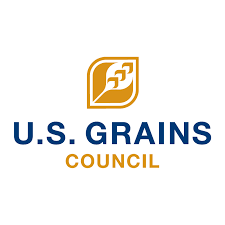This presidential election year will potentially bring challenges for the global trade community as President Barack Obama's administration works to accomplish its list of priorities for its final year in office.
A major priority is to sign the agreement from the Trans-Pacific Partnership negotiations last October.
While Congress is poised to review the agreement, opposition from presidential candidates may jeopardize the potential deal.
The agreement, supported by the U.S. Grains Council, is a threefold agreement that would enhance market access for U.S. grain and co-products and enhance science-based rules for sanitary and phytosanitary (SPS) non-tariff barriers. The agreement would be the first of its kind to include language promoting authorization of modern biotechnology products.
The U.S. and the European Union have said they want to get the Transatlantic Trade and Investment Partnership (T-TIP) negotiations finished by the end of Obama's time in office, but there is still no agreement in sight. T-TIP would address the challenges of asynchronous biotechnology approvals; establish a low-level presence policy; and provide for a more transparent biotech approval process.
The largest challenge may be with the World Trade Organization (WTO) in regards to the Doha Development Round of Negotiations. There is disagreement between members of the WTO on whether or not to continue to negotiate after the Nairobi Kenya ministerial meeting in December.
The repeal of the U.S. country of origin labeling (COOL) requirements means the U.S. will avoid trade retaliation with its border countries of Mexico and Canada. The countries are still awaiting a formal rule change that is expected soon, preventing the U.S. grain industry from feeling the negative effects, especially with corn and ethanol on Canada’s target products list.
Grains Council eyes uncertain future of Trans-Pacific Partnership




 Alerts Sign-up
Alerts Sign-up